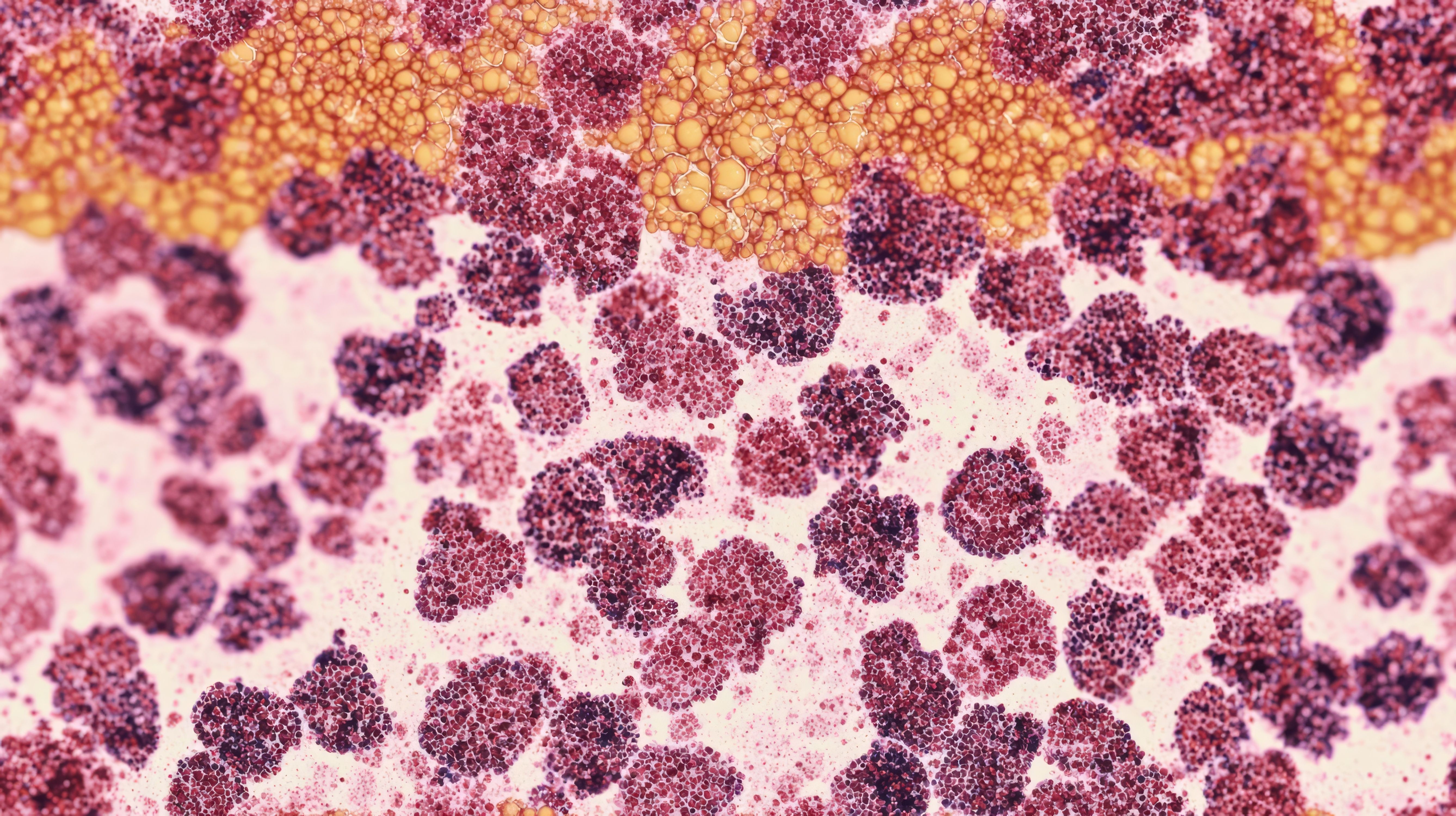Article
Calcium-Binding Drugs May Help Fight Tumors Outside the Skeleton
Author(s):
Drugs commonly used to treat osteoporosis may benefit patients with diseases like breast cancer.
Drugs commonly used to treat osteoporosis may benefit patients with diseases like breast cancer.
Calcium-binding drugs such as those commonly used to treat osteoporosis and some late-stage cancers that have spread to the bone may provide a benefit in treating tumors outside the skeleton, specifically breast cancer, according to a recent study.
In previous clinical trials, women with breast cancer were given bisphosphonate drugs in addition to normal treatment for early-stage disease. The studies indicated a survival advantage from the drugs that can inhibit cancer spread in some women for unknown reasons.
Researchers in Australia sought to determine the cause of this effect using imaging technologies that revealed bisphosphonates attach to tiny calcifications in tumors in mice. The calcium-drug complexes are then attacked by macrophages, which are immune cells used by early-stage cancer to conceal its existence.
For the study, which was recently published online in the journal Cancer Discovery, researchers also evaluated tissue samples from human cancer patients.
"We do not yet fully understand how the macrophages revert from being 'bad cops' to being 'good cops,’ although it is clear that this immune cell interacts with tumors, and probably changes its function in the presence of bisphosphonates," said project lead Mike Rogers in a press release. "The surprising thing is that we didn't make the connection between bisphosphonates and tumor calcifications before -- of course bisphosphonates are going to bind to calcium. It had been staring us in the face for a long time, yet we didn't explore that action of the drug. Perhaps because there is such strong acceptance that these drugs only work in bone."
Researchers said the next step would be to analyze the changes that occur in macrophages to evaluate the change in function and subsequent effect on cancer cells.
After witnessing the impact the drug had in mice, the study authors examined a tumor sample from a breast cancer patient who had undergone surgery. After staining the tissue for calcifications, the same process was found happening in humans.
Researchers said the next step would be to analyze the changes that occur in macrophages to evaluate the change in function and subsequent effect on cancer cells.
"This study is potentially transformative for treatment of some cancers, because it is telling us for the first time that drugs we thought acted only in bone can also act within tumors completely outside the skeleton, and have a beneficial effect," Rogers said. "We already know this drug is well-tolerated in people and provides a survival advantage for some patients with certain cancers when taken early in disease development. This now provides a rationale for using these drugs in a different, and potentially more effective, way in the clinic."
Newsletter
Stay informed on drug updates, treatment guidelines, and pharmacy practice trends—subscribe to Pharmacy Times for weekly clinical insights.




